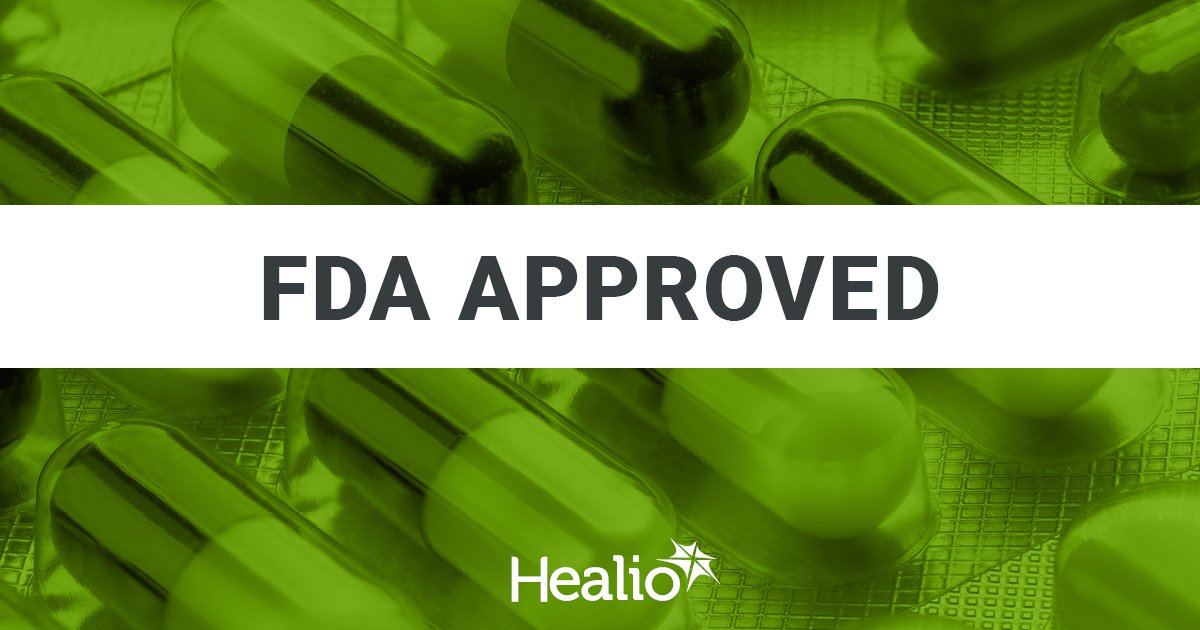New evidence suggests that the provision of vouchers for fruit and vegetables can massively increase consumption in low-income groups, writes Dr Catherine Conlon
The move to bring obesity treatment injections further into mainstream use has progressed with the news that it will now be offered outside strictly medical settings.
Thérapie Clinics, best known for lip-fillers and laser hair-removal treatments, have launched their doctor-led service – Thérapie Health – to provide access to Wegovy treatment injections in Ireland.
 It is questionable that a beauty clinic should be branching into the use of a drug treatment predominantly used for the treatment of chronic disease. The opening page on its website states that ‘with over 60 per cent of adults living with obesity, achieving and maintaining a healthy weight has never been more important.’
It is questionable that a beauty clinic should be branching into the use of a drug treatment predominantly used for the treatment of chronic disease. The opening page on its website states that ‘with over 60 per cent of adults living with obesity, achieving and maintaining a healthy weight has never been more important.’
This statement is couched in error. In fact, the HSE report that 60 per cent of the adult population live with overweight and obesity. The latest data published in the Lancet (2024) reported that about one-in-four (24.2 per cent) of the population in Ireland or 1,247,000 people were found to have been living with obesity in 2022. For a weight management clinic, this failure to distinguish between numbers living with overweight or the combined figure for overweight and obesity is a concern.
Why do we put almost all our resources into overpriced treatments while prevention is all but ignored? The capitalist model that pursues growth and profit over well-being has a lot to answer for.
The Irish diet, like its agriculture, is heavily skewed towards meat and dairy, with less emphasis on vegetables and fruit. Meat (often processed), chips, potatoes or other refined carbs like pasta or rice predominate on the dinner plate with less room for vegetables. Biscuits and cakes prevail over fresh fruit that is either not available or left to shrivel in the cupboard.
This predominance of meat, dairy and ultra-processed foods is reflected in our well-being. It has been clear for decades that heart disease and cancer is less common in Mediterranean countries. Extensive research has shown that a Mediterranean diet that combines extra virgin olive oil, with less meat and dairy and more fruit and vegetables is linked to better health and less chronic disease, including heart disease and cancer.
New evidence suggests that the provision of vouchers for fruit and vegetables can massively increase consumption in low income groups, resulting in marked improvement in health and well-being; significantly reduce demand for health services; as well as providing a steady market to producers which boosts the local economy. Why is this approach not being considered here?
Just about a third of adults in Ireland consume the World Health Organisation (WHO) recommendation of five or more fruits and vegetables a day. Because they are costly, and have a limited shelf life, this figure is skewed towards the well-off, with low-income groups consuming much less.
At the same time the demand for GP services continues to escalate beyond the capacity of the healthcare service’s ability to cope.
A recent report on GP supply and demand in Ireland from the Economic and Social Research Institute, found that GP retirements in several counties will put services at risk where there is no viable replacement for them.
The research, funded by the Department of Health, predicts that the demand for GP visits is expected to increase by as much as 30 per cent in the next 15 years, with an extra 1,200 doctors needed to keep pace.
Meanwhile, a pioneering ‘Fruit and Veg on Prescription’ project in the UK has shown that providing fruit and vegetables free of charge to low income groups improved physical health in the majority (eight out of ten) of participants and cut GP visits by 15 per cent.
Now, the Alexandra Rose Charity is encouraging local authorities and healthcare leaders to take note of the scheme’s success and consider adopting similar models to support healthier, more resilient communities.
The charity has been supporting communities to eat better since its 2014 ‘Rose Vouchers for Fruit and Veg’ project, and more recently its ‘Fruit and Veg on Prescription’ projects.
Based in London, one project operates in Lambeth, and another operates in Tower Hamlets, in the East End. Health professionals and social prescribing issues weekly vouchers to people on low incomes with diet-related health conditions such as type 2 diabetes, obesity or heart disease. The vouchers are used at local markets to buy fruit and vegetables.
 An evaluation of the scheme was conducted in 2024. Of the 140 people who had been prescribed Rose vouchers, they had improved physical health in the majority (80 per cent) of participants. In addition, over half (54 per cent) of participants experienced improved mental health, attributed to their need to worry less about money for food – and feel more supported in their community.
An evaluation of the scheme was conducted in 2024. Of the 140 people who had been prescribed Rose vouchers, they had improved physical health in the majority (80 per cent) of participants. In addition, over half (54 per cent) of participants experienced improved mental health, attributed to their need to worry less about money for food – and feel more supported in their community.
Self-reported GP visits reduced by 15 per cent, with patients experiencing a better diet, thanks to a greater access to fruit and vegetables. More than three-quarters (75 per cent) of participants met their ‘five a day’ target after nine months of ‘Fruit and Veg on Prescription,’ compared to just under a third (32 per cent) at the start of the project.
Dr Jennifer Walmsley, local practising GP, said that diet was key and Rose Vouchers were making eating healthier food much more accessible.
“Any steps we can take to improve diets and reverse those consequences are hugely beneficial. Not only does it enhance individual health and well-being, but it also helps ease pressure on the NHS, allowing GPs to focus on areas of care that aren’t preventable.”
Almost all (87 per cent) now report a range of health improvements. Sixty per cent reported an improvement in energy levels, and 59 per cent reported better digestion.
CEO of Alexandra Rose Charity, Jonathan Pauling said that the programme shows how a small change, such as access to fruit and vegetables, can transform lives – improving health, reducing isolation, and building community.
“Social prescribing projects like ‘Fruit and Veg on Prescription’ should be used as a national blueprint for success and rolled out on a national scale to support those affected by poor diet.”
The availability of effective anti- obesity medications that curb appetite and reduce cravings have been transformative in supporting people with obesity in weight management and reducing the risk of chronic disease.
If we are prescribing very expensive medications to treat the complex disease of obesity, shouldn’t we also be prescribing much less expensive regimens that prevent the onset of obesity and a lifetime of chronic diseases such as type 2 diabetes, heart disease, cancer and dementia?
Prescribing healthy food that is otherwise unaffordable has now been shown to improve diet, physical and mental wellbeing and significantly reduce the demand for health services. It also boosts the local economy by providing a solid market for local producers.
Fruit and vegetables are not as trendy nor do they have the astronomical profit margins that are being seen by Big Pharma with weight loss treatments. Yet, the robust evidence behind their ability to improve health and well-being, reduce the risk of chronic disease and demand for health services, suggest it is time to consider a pilot rollout of a similar scheme in Ireland. ![]()
Author
Dr Catherine Conlon is a public health doctor in Cork and former director of human health and nutrition, safefood.









